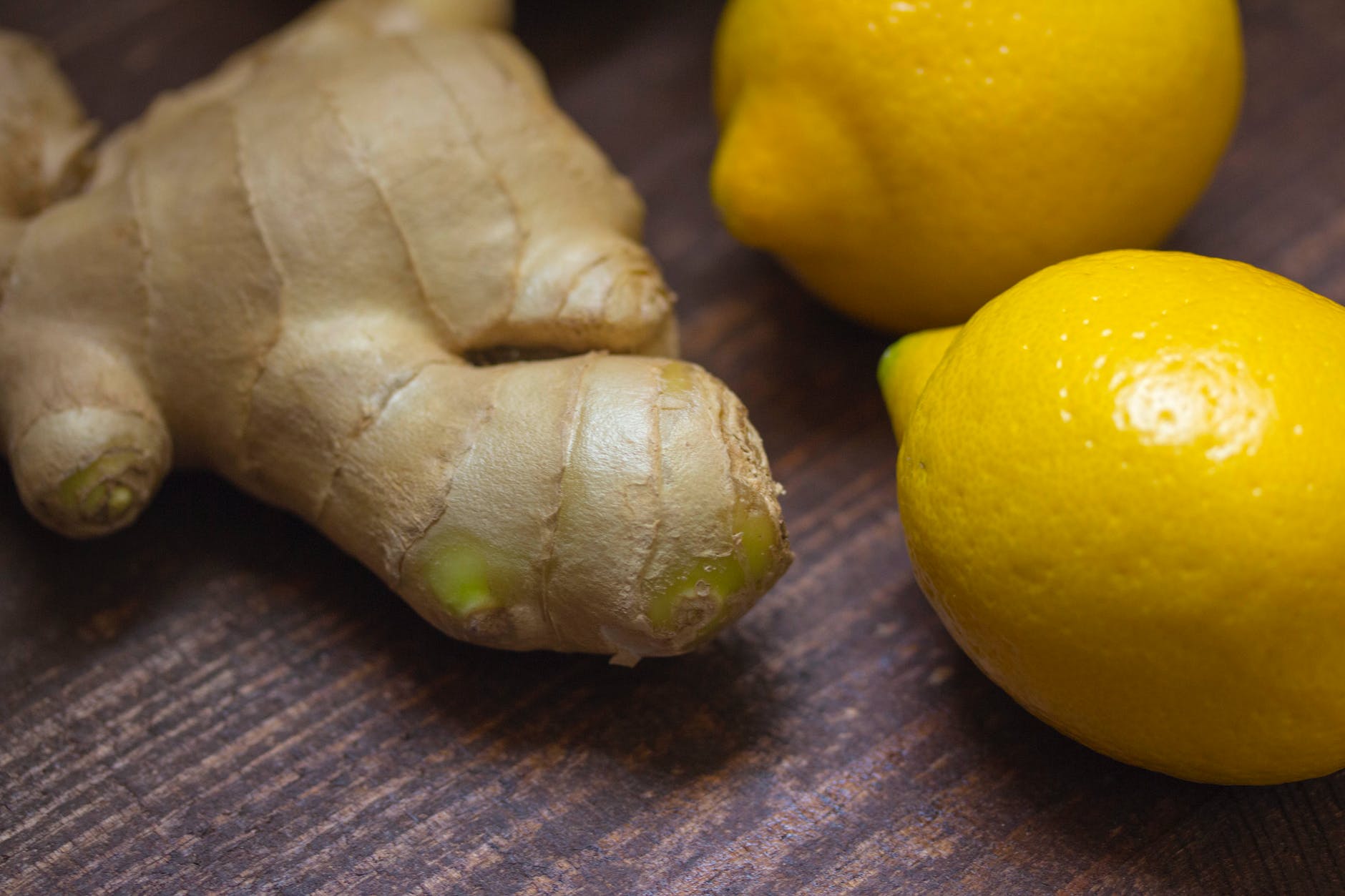
Ginger, a common spice found in many kitchens, is not just a flavor enhancer. It’s a powerhouse of health benefits, particularly for the lungs. From eliminating air pollutants to improving circulation, ginger is a natural remedy that can help maintain lung health and alleviate symptoms of various respiratory conditions. Let’s dive into the details!
Ginger and Lung Health: The Connection 🌬️
Ginger is known for its anti-inflammatory properties, which can help soothe inflamed airways and improve breathing. It’s especially beneficial for those suffering from chronic lung diseases like bronchitis and asthma. Ginger works by eliminating air pollutants, tobacco smoke, and perfumes out of the air passages before they have time to irritate the lungs. It also relieves congestion and improves circulation to the lungs, thus reducing the severity of many chronic lung diseases.
Ginger and Asthma: A Natural Relief 🍃
Asthma, a condition that inflames and narrows the airways, can cause wheezing, shortness of breath, chest tightness, and coughing. Ginger, with its anti-inflammatory properties, can help alleviate these symptoms. It can also improve circulation to the lungs, making it easier for asthma patients to breathe.
Ginger and Bronchitis: Soothing the Airways 🌬️
Bronchitis, an inflammation of the lining of the bronchial tubes, can cause coughing, production of mucus, fatigue, shortness of breath, and minor chest pain. Ginger can help relieve these symptoms by improving circulation and reducing inflammation in the airways.
Ginger and Lung Infections: A Natural Antidote 🌿
Ginger’s anti-inflammatory and antioxidant properties can also help fight lung infections. It can help soothe the inflamed airways, making it easier for the body to expel the mucus and fight off the infection.
Ginger and Respiratory Health: A Daily Dose 🍵
Including ginger in your daily diet can help maintain your respiratory health. You can add it to your meals, brew it into a tea, or even consume it raw. However, it’s important to remember that while ginger can help alleviate symptoms of respiratory conditions, it should not replace any prescribed medications or treatments.
FAQs 🙋♀️
- Is ginger good for shortness of breath? Yes, ginger can help alleviate shortness of breath by improving circulation and reducing inflammation in the airways. 🌬️
- Does ginger help with chest congestion? Yes, ginger can help relieve chest congestion by improving circulation and helping to expel mucus from the lungs. 🌬️
- Is ginger good for lung infection? Ginger’s anti-inflammatory and antioxidant properties can help fight lung infections and soothe inflamed airways. 🌿
- Can I use ginger essential oil for respiratory health? Yes, ginger essential oil can be used for respiratory health. However, it should be used with caution and under the guidance of a healthcare professional. 🍶
- Is ginger tea good for your lungs? Yes, ginger tea can be beneficial for your lungs. It can help soothe inflamed airways, improve circulation, and help alleviate symptoms of respiratory conditions. 🍵
- Can ginger help with cough and phlegm? Yes, ginger can help alleviate cough and expel phlegm from the lungs due to its anti-inflammatory properties and its ability to stimulate mucus secretion. 🍵
- Is ginger good for respiratory infections? Yes, ginger can help fight respiratory infections due to its anti-inflammatory, antibacterial, and antiviral properties. 🌿
- Can I use ginger for lung detoxification? Yes, ginger can help detoxify the lungs. It helps to break down and expel mucus, allowing your body to clear out any toxins trapped in the respiratory tract. 🌬️
Remember, while ginger is a powerful natural remedy, it should not replace any prescribed medications or treatments. Always consult with a healthcare professional before starting any new health regimen.
Stay healthy and breathe easy with the power of ginger! 🌿🍋🍵
Sources: Healthfully, Johns Hopkins Medicine, Cleveland Clinic, WebMD
Disclaimer: This blog post is for informational purposes only and should not be used as a replacement for professional medical advice.









